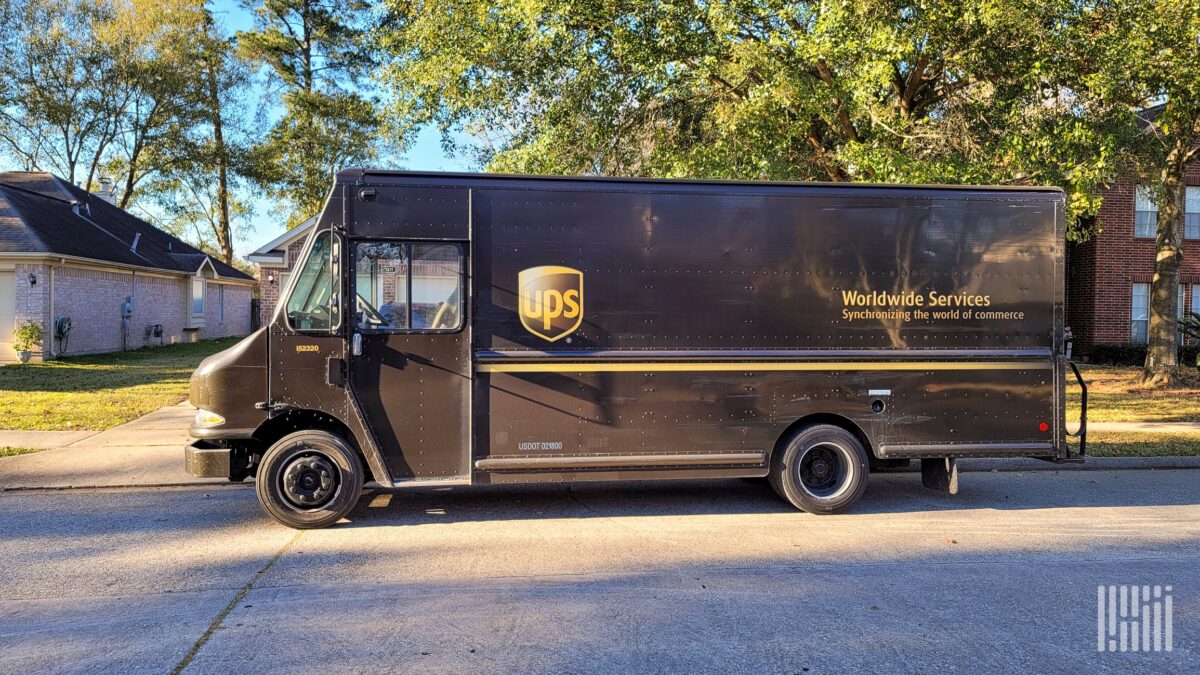About 40% of parcel shippers responding to an annual price benchmarking survey by consultancy Shipware LLC said that their parcel discount programs were higher than average. Nevertheless, three-quarters of shippers felt their agreements could possibly be improved and lower than 7% said that they had best-in-class pricing, based on the report.
The finding got here from an annual shipper survey conducted last fall on the annual Parcel Forum. Dozens of shippers responded in real time to survey questions. The respondents collectively commanded about $3.5 billion in annual parcel spend. Retail/e-commerce was essentially the most common sector of surveyed participants.
The report was dated May 1 and appeared online on the positioning of Parcel Industry magazine.
“We advocate that shippers should create an expectation with [their] carrier reps of on-going cost reduction,” the report said. There’s a powerful correlation between frequency of contract negotiation and deeper discounts that may be negotiated, it found. Greater than half of the respondents hadn’t managed a full-scale pricing negotiation in greater than a 12 months. Greater than 43% hadn’t done it in two years or longer.
Asked what was the perfect option to get higher discounts from carriers, about 25% said they’ve recognized the importance of benchmarking, the report said. Others said that developing a private relationship with carriers’ representatives and playing off the carriers against one another were also effective tools.
“Why is benchmarking parcel pricing data so critical?” said Rob Martinez, Shipware’s founder and creator of the report. “Well, essentially the most common challenge we hear from volume parcel shippers is that they don’t understand how good — or bad — are the incentives, terms and conditions of their carrier agreements.
“While no shipper would ever negotiate a contract and knowingly leave money on the table, the fact is that some shippers have clearly done a greater job than others relating to negotiating essentially the most favorable rates and terms.”
In response to the report, about 85% of respondents consider FedEx Corp. (NYSE: FDX) and UPS Inc. (NYSE: UPS) to be their primary carriers. And loyalty has change into thick for the reason that pandemic. Up to now two years, lower than 10% of shippers modified their primary carriers.
Furthermore, it seems that the tight bonds will remain, with 68.2% of shippers stating they’d “likely, very likely or definitely” keep on with their primary carrier. Only 18% said they’d consider it likely for them to depart.
Interestingly, one-third of the biggest shippers said it might be unlikely they’d be using the identical primary carrier in the subsequent two years. That could be a nod to the expansion of other services and products, based on the report.
Those decisions won’t be influenced should Amazon.com Inc. enter the fray as a typical carrier. About 56.8% of respondents said they’d not be motivated to alter, and only 27% indicated Amazon’s entry would influence their decision to alter primary carriers two years from now.
Asked what’s essentially the most frustrating aspect of negotiating with the large carriers, nearly 30% said it’s the lack to realize meaningful discounts despite their best negotiation efforts. About 6% complained about not being taken seriously by their carrier reps.
Apart from wanting to enhance discounts, shippers appear affected by carrier-imposed surcharges. The most important number would really like to see some relief on fuel surcharges, followed by peak-season surcharges.
The survey grouped the respondents into three spending categories: under $10 million in annual net charges, $10 million to $50 million, and greater than $50 million. Half of the survey participants shipped annual volumes of greater than 15 million parcels.
Nearly half of the medium-spend group felt less confident about their pricing than the opposite two groups, based on the survey. Surprisingly, nearly 1 / 4 of small shippers expressed very strong confidence of their pricing.
Way forward for Supply Chain
JUNE 21-22, 2023 • CLEVELAND, OH • IN-PERSON EVENT
The best minds within the transportation, logistics and provide chain industries will share insights, predict future trends and showcase emerging technology the FreightWaves way–with engaging discussions, rapid-fire demos, interactive sponsor kiosks and more.







